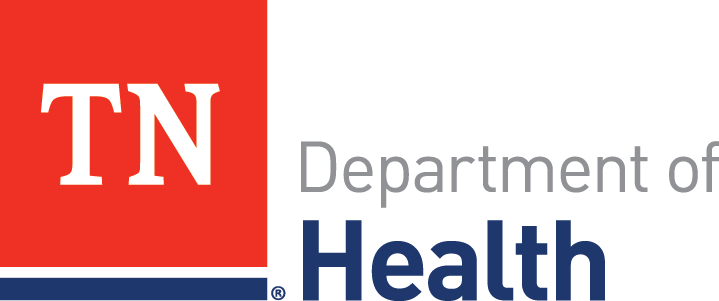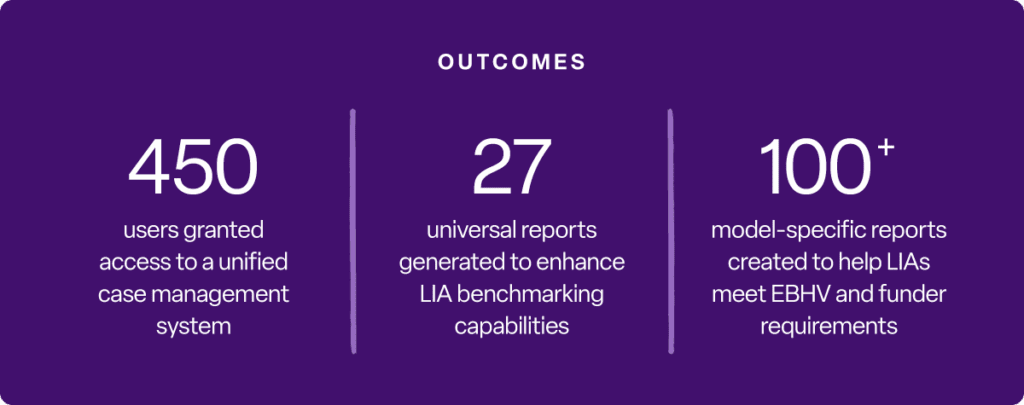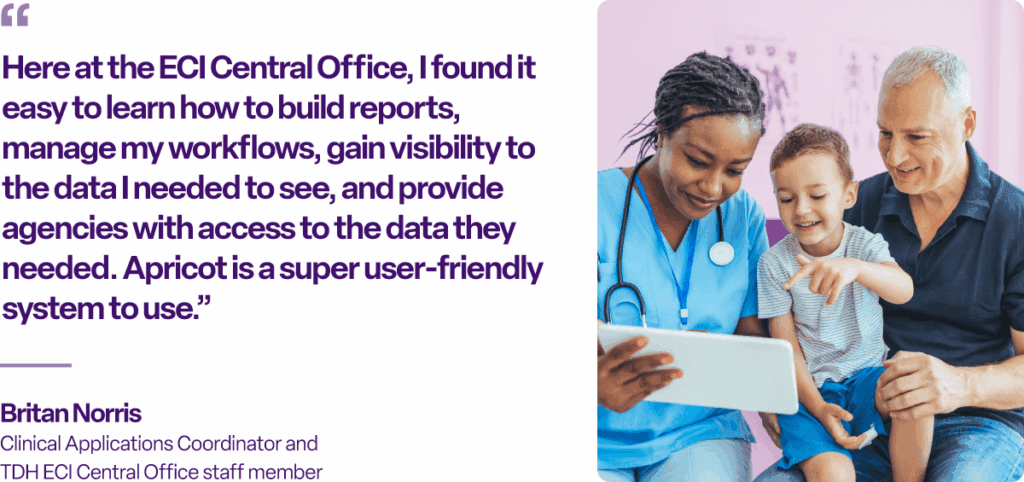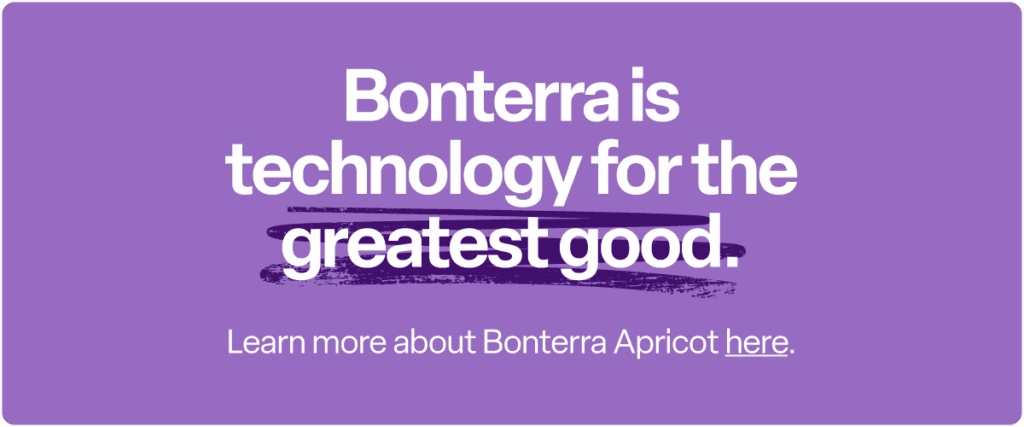Building a unified data infrastructure to enhance patient care across Tennessee

Overview

Promoting health at home
The Tennessee Department of Health (TDH) oversees a wide array of health and wellness initiatives designed to promote the health and well-being of women, children, and families across the state of Tennessee.
Within the department, the Division of Family Health and Wellness (FHW) plays a critical role in providing Tennessee’s communities with direct education, resources, referrals, services, and ongoing health support. One of its core functions is administering Evidence-Based Home Visiting (EBHV) programs under the Early Childhood Initiatives (ECI) section.
Customer profile
Product: Bonterra Apricot and Bonterra Success Services
Sector: Public Sector
Vertical: Healthcare

The Division of Family Health and Wellness’s ECI Central Office manages several concurrent and complex relationships across four different EBHV models: Healthy Families America (HFA), Parents as Teachers (PAT), Nurse Family Partnership (NFP), and Maternal Infant Health Outreach Worker (MIHOW). These models have varying requirements that providers, or Local Implementing Agencies (LIAs), must meet in order to retain accreditation and secure monetary support from federal and state funders.
FHW partners with 17 LIAs — including hospitals, county and regional health departments, and nonprofit organizations — to deliver program services across all 95 Tennessee counties.
Challenge
The Early Childhood Initiatives team at TDH previously only managed patient and home visitation data needed for funder requirements. Each of the state’s home visiting providers, or LIAs, was responsible for submitting their own model data requirements to their respective national model offices. This process required LIAs to manage multiple systems or spreadsheets, and often resulted in duplicative data entry.
Over time, meeting funder and model-specific requirements became increasingly burdensome, particularly for agencies relying on paper forms or rudimentary systems.
A pivotal moment came when the ECI team started the affiliation process to become an HFA state system, now known as Healthy Families Tennessee. With this change, LIAs implementing the HFA model could communicate and leverage support through TDH instead of representing themselves in discussions with the HFA national offices. A part of the HFA National Office’s requirements was the deployment of a unified case management system.
When the time came for the ECI Central Office to begin evaluating vendors, the team began to consider how a new system could improve the bidirectional data challenges that were impacting their workflows with their agencies.
The system the ECI team used for funder requirements was not sufficient to meet the needs of the HFA model requirements.
Agency representatives would often find themselves duplicating work or creating reports with data that wasn’t relevant to the requirements they needed to meet. Spreadsheet variations — sometimes with altered columns or modified field options — were also prevalent, as the same datasets were often used with minor adjustments to meet different requirements. The ECI Central Office staff then had to manually review these reports to provide appropriate support to the agencies.
“As we were pivoting and transitioning to become the HFA state office, we began to think about how we could support our agencies in a different way,” said Joana Rosales, Project Manager at the Division of Family Health and Wellness.
Solutions
Unified Technology and Shared Access
To streamline its reporting and reduce the burden on staff, the ECI team implemented a centralized case management platform to manage data across all of its LIAs, complete with the necessary fields for model requirements.
Bonterra Apricot became the cornerstone of this transformation.
The Apricot platform allowed TDH to standardize data collection, improve access to real-time reports, and replace dozens of spreadsheet variations with a unified system of record. Local implementing agencies were empowered with a flexible system that streamlined their data submissions, in turn reducing the ECI Central Office’s tedious data entry and validation work.
Alongside Apricot, the team also leveraged Bonterra Success Services. Bonterra’s Advanced Support Consultants played a pivotal role in sustaining momentum throughout implementation and beyond, providing hands-on guidance and collaboration during high-priority initiatives. This included the setup of complex tables needed to meet HFA’s intricate reporting criteria as well as funder requirements, which required significant filtering logic and were critical for state and federal documentation.
Impact

The impact of adopting Bonterra Apricot and Bonterra Success Services has been significant — both in day-to-day efficiencies and long-term strategic alignment.
With over 450 users statewide, TDH has expanded its internal team and scaled support across more sites without adding new data burdens. Reports have directly supported Continuous Quality Improvement (CQI) projects, including initiatives that improved both data entry accuracy and key outcome measures for participating LIAs. These projects also increased transparency between the central staff and local teams, enabling clearer communication around agency responsibilities and the impact they are expected to deliver to Tennessee families moving forward.
The move to Apricot enabled the ECI Central Office team to create more than 25 universal reports for agencies to reference for quality assurance and other program benchmarking purposes. Even more importantly, agencies could independently run reports, empowering them to take full ownership of their QA activities.
Apricot also helped standardize agency data collection for models like HFA and PAT while giving the team flexibility to adjust workflows and forms to meet model requirements. The ECI Central Office team generated over 100 model-specific reports through the platform to support agencies as they worked to meet EBVH program criteria and funder requirements. Model consultants, who were hired as full-time TDH staff members, were granted access to these reports to enhance their ability to provide timely and tailored support to LIAs.
LIAs can now run reports in real time to evaluate quality assurance activities, freeing teams from the burden of quarterly or ad hoc requests. Agency supervisors can monitor team performance using structured reports, and the ECI Central Office has unprecedented access to standardized information across all sites.
The Advanced Support Consultants’ collective ability to absorb the nuances of TDH’s workflows and offer meaningful, efficient solutions allowed Joana and her team to confidently manage and scale the system as needed. More importantly, TDH staff felt confident making changes on their own, knowing they could rely on expert-level support if they encountered new challenges or needed to create complex configurations. Notably, TDH reused Apricot onboarding materials (which were originally created for another model) to quickly onboard new MIHOW sites.
“Our local agency staff members don’t all come from large data backgrounds. With Apricot, it was so easy for them to learn and make adjustments, which I was not expecting,” said Britan Norris, Clinical Applications Coordinator and TDH ECI Central Office staff member.

With feedback loops firmly in place via office hours and technical assistance visits, the ECI Central Office can make real-time updates to workflows, form fields, or data labels based on frontline needs.
The result is a smarter, more nimble statewide infrastructure where technology and strategy are closely aligned — and where every LIA, no matter how large or small, has the tools to serve Tennessee families more effectively.

Work with Bonterra



